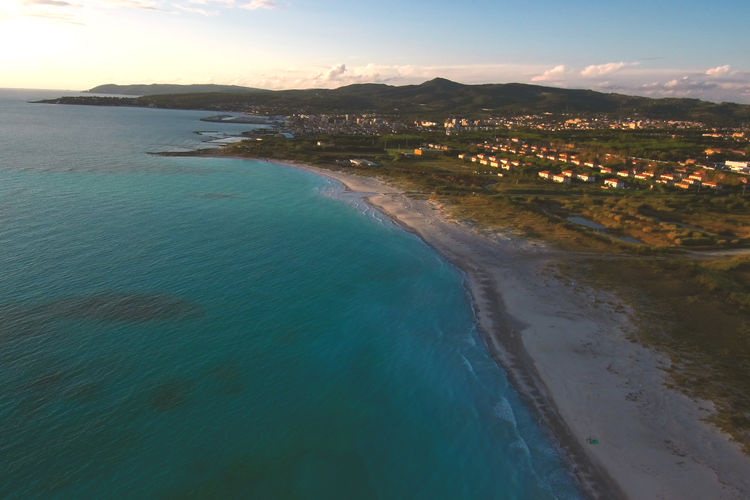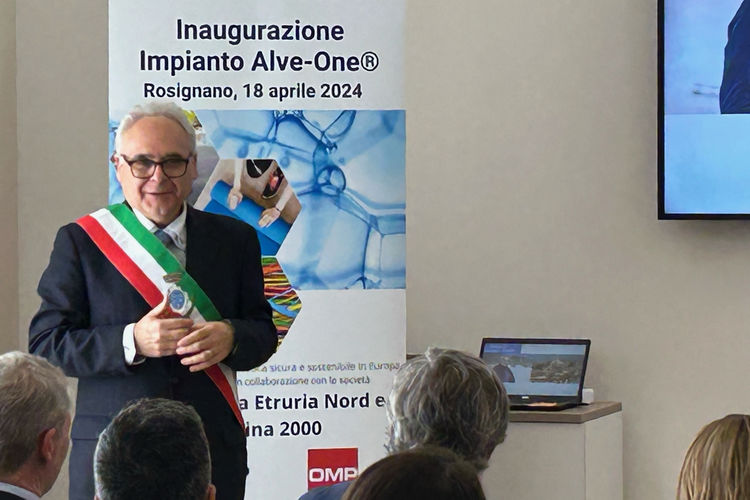The Group advances its plan to significantly reduce limestone residues released from its soda ash production.
Solvay announces a new action plan to reduce limestone residues released into the sea from Solvay Chimica Italia’s soda ash production in Rosignano, as part of the Group’s efforts to continually optimize the efficiency and sustainability of its operations, and in line with the IPPC* permit renewed in January 2022.
The action plan represents an estimated €15 million investment in new technical and process solutions, some of which will require approval by the authorities. The plan will include targeted improvements at different steps of the production process, as well as an optimization of the limestone granulometry and quality.
By 2030, Solvay's objective is to lower by 20% the maximum volume of discharge currently set by its IPPC permit. Solvay will provide biannual progress updates to the authorities.
By 2040, Solvay’s ambition is to reduce the discharge of limestone to 40% versus IPPC permit, through investment in research and innovation, in collaboration with the relevant stakeholders, subject to permit granting and public interest priorities.
“We are committed to constantly improving the sustainability of our processes and focused on ensuring that our Rosignano facility will continue to play an important role in providing essential materials for society. Our determination to keep raising the bar and our willingness to make additional investments further demonstrates our commitment to continuously improve our operations,” said Philippe Kehren, president of Solvay’s Soda Ash & Derivatives division.
Solvay Chimica Italia’s Rosignano facility has been manufacturing soda ash and sodium bicarbonate since 1912. These products are made from natural limestone and salt. They serve essential applications, such as the production of glass and air pollution control systems, as well as applications in the healthcare industry, such as hemodialysis.
Improving the environmental footprint of all Solvay manufacturing sites is an ongoing effort as part of the Group’s holistic One Planet sustainability roadmap.
*Integrated Pollution Prevention and Control, abbreviated as IPPC, refers to the minimizing of pollution from various industrial sources throughout the European Union (EU), as established by the so-called IPPC Directive (Directive 2008/1/EC of 15 January 2008 concerning integrated pollution prevention and control)
Related media
Solvay is a science company whose technologies bring benefits to many aspects of daily life. With more than 21,000 employees in 63 countries, Solvay bonds people, ideas and elements to reinvent progress. The Group seeks to create sustainable shared value for all, notably through its Solvay One Planet roadmap crafted around three pillars: protecting the climate, preserving resources and fostering a better life. The Group’s innovative solutions contribute to safer, cleaner, and more sustainable products found in homes, food and consumer goods, planes, cars, batteries, smart devices, health care applications, water and air purification systems. Founded in 1863, Solvay today ranks among the world’s top three companies for the vast majority of its activities and delivered net sales of €10.1 billion in 2021. Solvay is listed on Euronext Brussels and Paris (SOLB). Learn more at www.solvay.com.




